How many planets are there in the Universe, Milky Way galaxy and our Solar system
4th May 2023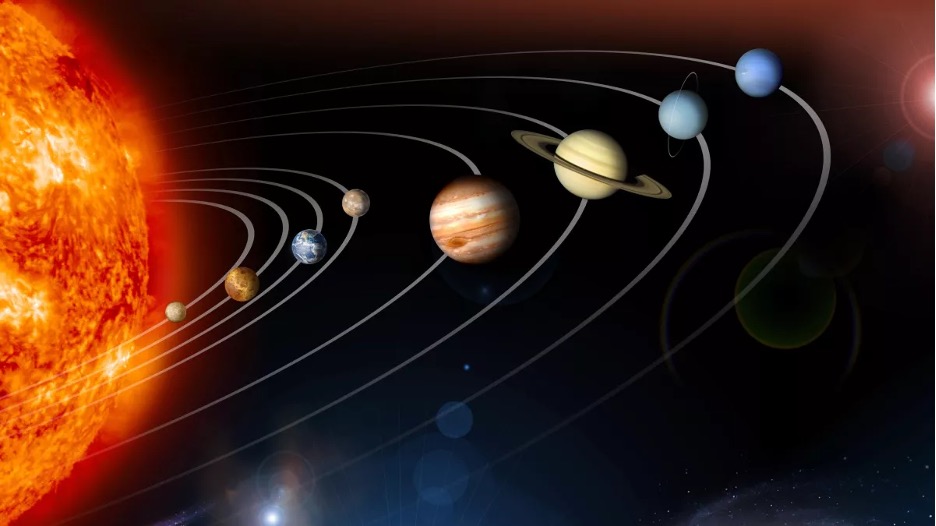
For most of its history, humanity has believed that the Earth is the one and only. And this is largely true. However, scientific discoveries of the last hundred years have shed significantly more light on the depths of space, and now we know that things are much more complicated, and our planet is just a tiny pixel on the infinite screen of the Universe. But how many planets are there in total? Let’s try to count. We will start with the neighbouring planets and will go deeper into space further and further…
And to better navigate in terms of what a planet is and what types of planets exist, we recommend that you first read What Are Planets Made Of and What Is An Exoplanet.
How Many Planets in Our Solar System?

Two centuries ago, scientists believed that there were eleven planets in the solar system. Twenty years ago, their opinion changed, and only nine of them were left according to the new classification. Today, the world astronomical community recognises only eight space objects that have the right to be called planets. Pluto did not prove to be large enough and massive enough, so in 2013, it was transferred to a new category of dwarf planets.
However, the question of how many planets are there around us remains open. In 2016, American researchers put forward a hypothesis about the possibility of another, that is, a “new” ninth planet’s existence. It is assumed that its diameter is several times greater than that of the Earth, and it has an elongated orbit with a period of revolution of approximately 15 thousand Earth years. But the search for this planet has not been successful so far, so it’s rather difficult to say how many planets we have.
How Many Planets are There in The Milky Way?
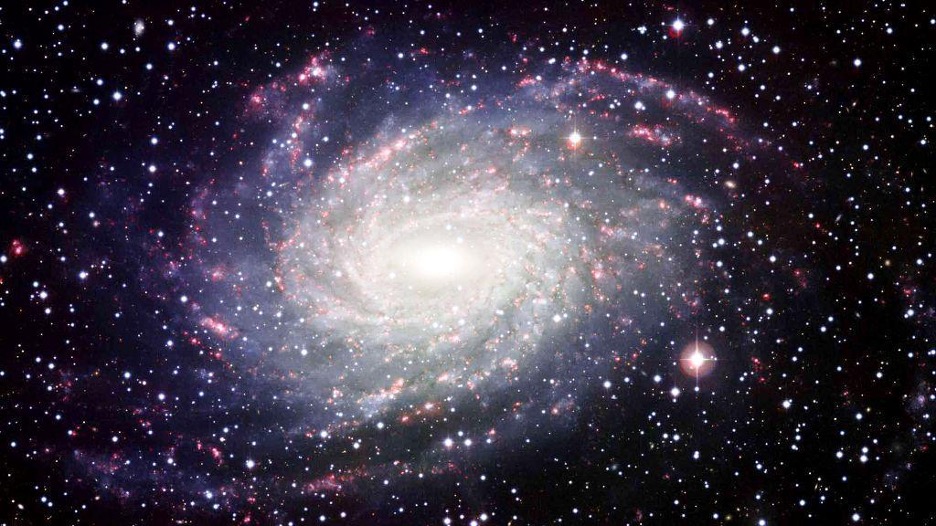
The Sun is just one of the vast number of stars in our galaxy. According to one scientific opinion, there are about 100─400 billion of them! And then how many planets are in our galaxy? At least the same. According to the latest ideas, on average, each star should have at least one planet. There may be more, but to answer this question precisely, you first need to answer how many solar systems are in the Milky Way. The latest data from NASA says that it is almost 4,000. But it is likely that this number will continue to grow as more powerful telescopes become available.
How Many Planets Are There in The Universe 2023?
According to some estimates, the population of planets in the Universe may be 3×10²² units. Although, in fairness, we know almost nothing about the true scale.
Just imagine — our Milky Way galaxy and over a hundred other galaxies are included in the so-called Local Group of galaxies, 2-3 megaparsecs in size. The Local Group is located in the 200 million light-year Virgo Supercluster, which includes at least 100 groups of galaxies. And that’s not all because the Virgo Supercluster is one of about 10 million superclusters and only in the observable part of the Universe. Imagine the size? And let’s not forget that the Universe is expanding. Today, astronomers believe that, in total, we are talking about approximately two trillion galaxies. But how many stars with planetary systems do they have? How many planets are there? On this score, there are only hypotheses and mathematical calculations, and so far, alas, unconfirmed.
In addition, there is another problem that interferes with the calculation — extinct stars. The fact is that in the course of evolution, stars can simply die, for example, as a result of a supernova explosion. What happens to the planets of such a star? They may collapse or leave their orbit, becoming orphan planets. So, it is simply impossible to estimate how many planets are there even in the observable Universe.
How many planets are there in the Universe like Earth?
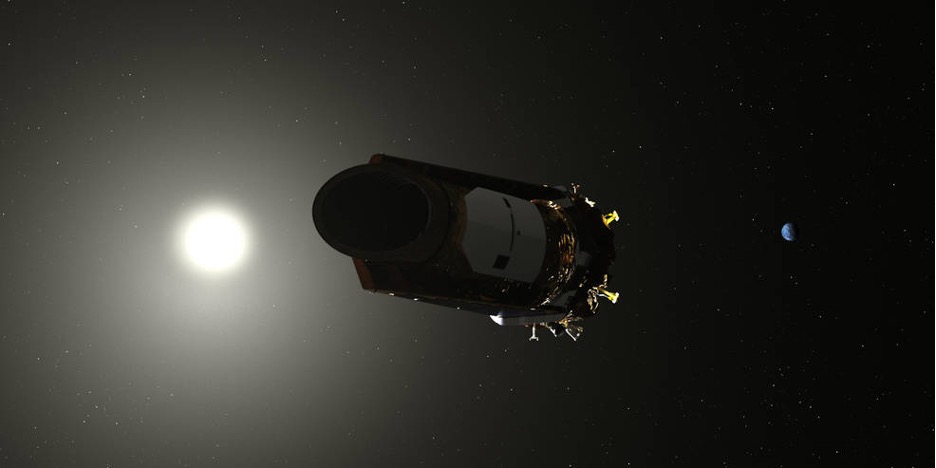
The data from the Kepler mission suggest that there are up to 40 billion planets the size of our own just inside our galaxy. And how many such planets of the Universe, it is not possible to establish.
How many habitable planets are there in the Universe?
This question has been worrying astronomers ever since the Earth was threatened by global warming. Thanks to recent research, the scientific community has been able to speculate that there could be up to 300 million potentially habitable planets in our galaxy. Some of them may even be quite close — within 30 light-years of the Sun.
Unfortunately, we cannot say how many habitable planets are there in the observable Universe as of now. But we know exactly what requirements they must meet. The surest criterion for evaluation is the location in regard to the distance from its star, at which its surface will not be too cold or overheated.
But the problem is that we have too little data to reliably predict the possibility of life on such planets. So far, the scientific world has found a consensus on 60 such universe planets in our immediate environment. As you can imagine, this figure is also not accurate. And it is unlikely that these numbers will help us. After all, even assuming that the nearest potentially habitable planet to us is Proxima B, we still won’t be able to reach it on the rockets we have today.
How many dwarf planets are there in the Universe?
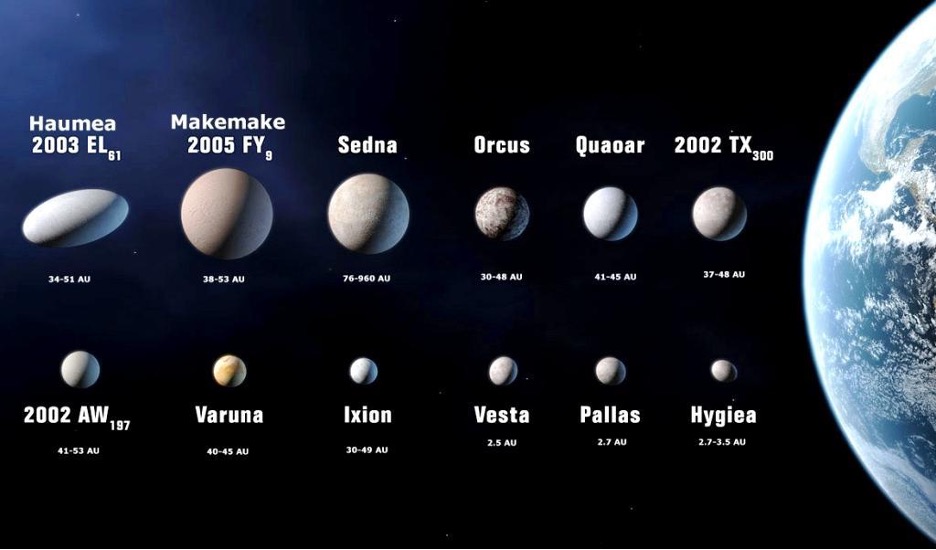
We know that only in the Kuiper belt are 200 of them, and beyond it — more than 10,000. As for deep space, by analogy with our system, there can be much more dwarf planets than regular ones. But here comes the difficulty of identifying a dwarf planet at a great distance. Remember the Pluto story? Some scientists still believe that the status of a planet needs to be re-established.
How many exoplanets are there in the Universe?
There are already 5,312 confirmed exoplanets in 3,981 planetary systems. Moreover, 842 systems have more than one planet. By the way, this is also the result of the Kepler space telescope’s work, which should help answer the question of how many planets are there in the Universe now.
The thing is, the difficulty lies not only in detection. The first Kepler mission found 2,054 potential exoplanets, but these have yet to be confirmed. The results of its subsequent two missions, in which a total of over five thousand candidates were discovered, also need to be confirmed.
In other words, everything changes. If you ask how many planets are there in the Universe 2021, there were noticeably fewer of them, about five thousand.
How many gas planets are there in the Universe?
There are four gas giants in our solar system. This is known for sure and is not subject to appeal. That is half of all the major planets. If we follow the analogy, then there should be about 15 billion trillion gas planets in the Universe. At the same time, it is worth considering that our star is quite small and not very hot. Large and new stars can have much more of them. But for now, we can’t even tell how many such planets are in the Milky Way.
How many rocky planets are there in the Universe?
Guided by the same analogy with the solar system, the planets of the terrestrial group, that is, those with a solid surface, should account for half of the total planets — about 15 billion trillion. But there could be much fewer of them because we must exclude recently formed stars that usually do not have any terrestrial planets at all.
Summary
So, how many planets are there? There is no exact answer, and there cannot be because the Universe is limitless. Even if we imagine that someday we will find a way to move at the speed of light, we still will not have enough time to measure its scale and count all its wonders.
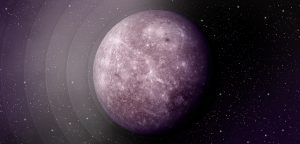




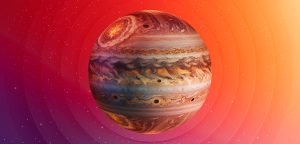
Thank you for your comment! It will be visible on the site after moderation.